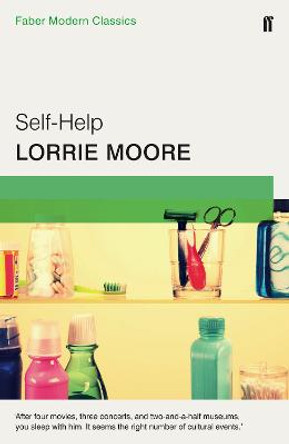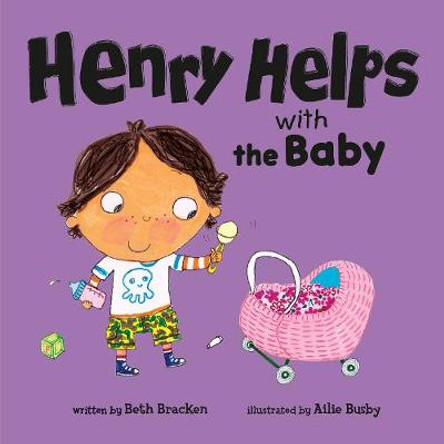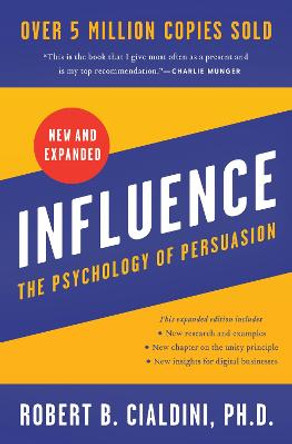Description
Blum explores popular reading practices in which people turn to literature in search of practical advice alongside modern writers' rebukes of such instrumental purposes. As literary authors positioned themselves in opposition to people like Samuel Smiles and Dale Carnegie, readers turned to self-help for the promises of mobility, agency, and practical use that serious literature was reluctant to supply. Blum unearths a series of unlikely cases of the love-hate relationship between serious fiction and commercial advice, from Gustave Flaubert's mockery of early DIY culture to Dear Abby's cutting diagnoses of Nathanael West and from Virginia Woolf's ambivalent polemics against self-improvement to the ways that contemporary global authors such as Mohsin Hamid and Tash Aw explicitly draw on the self-help genre. She also traces the self-help industry's tendency to popularize, quote, and adapt literary wisdom and considers what it might have to teach today's university. Offering a new history of self-help's origins, appeal, and cultural and literary import around the world, this book reveals that self-help's most valuable secrets are not about getting rich or winning friends but about how and why people read.
About the Author
Beth Blum is assistant professor of English at Harvard University.
Reviews
Beth Blum has opened our eyes to a fascinating area: the intersection between self-help and serious literature. Blum is deeply unusual among scholars in appreciating the extent to which ordinary readers seek solace and insight in literature-and she explores the consequences of this idea in a series of readings of important and interesting writers. This book is sure to deepen our understanding of a genre of literature that has perhaps been too hastily dismissed in the past. -- Alain de Botton, author of How Proust Can Change Your Life
Self-help books have become the favorite reading of Americans, and English professors are no exception. Until Beth Blum's ferociously witty yet ultimately sympathetic study, however, few critics saw any way to connect their lowbrow guilty pleasure with the high-flown ambitions of literary theory. Blum's intellectual history of self-help takes seriously the ideas as well as the institutions involved in the production of this body of practical knowledge. Self-help thus stands revealed as the uncanny double not just of literature itself but of literary theory. -- Leah Price, author of What We Talk About When We Talk About Books
In this witty and original study, Beth Blum traces the diffusion of a nebulous genre-textual advice-into artistic zones in which one does not expect to find it. Unpacking self-help's collectivist, working-class origins, and tracing the impact of its commercialization on the styles of James, Woolf, Beckett, Joyce, and others, Blum's story of popular morality's various roles in the genealogy of modernism unfolds with critical incision and humor. What an eye-opening book! -- Sianne Ngai, University of Chicago
Beth Blum places us at the cross road of creation. Here at last we can see the "self-improvement axioms" hidden in the rarified atmosphere of Virginia Woolf's modernism, Marcel Proust in the company of advice columnist Ann Landers, a poem by Baudelaire enumerating his recent reading of self-help books. In moments of acute love or loss or fear, literature can feel like a rope bridge carrying us safely across a ravine. Beth Blum's brilliant and startling book shows us why. -- Elaine Scarry, Walter M. Cabot Professor of Aesthetics and the General Theory of Value at Harvard University
Beth Blum's The Self-Help Compulsion is the first book to explore the multiple forms of contact, influence, negotiation, strife, and imitation between modern fiction and self-help literature, and the result is breathtaking. Any scholars who assume that self-help books are not worth their attention or that self-help and serious literature have nothing to do with each other will be wholly disabused and wonderfully edified by Blum's magisterial study. -- Timothy Aubry, author of Guilty Aesthetic Pleasures
A deep scholarly probe into self-help's inextricable influence on the history and future of literature. * Kirkus Reviews *
Blum's outstanding debut places self-help books in historical and literary contexts. . . . This insightful look at a popular genre will give fans and critics alike much to contemplate. * Publishers Weekly *
Sedulously researched . . . The Self-Help Compulsion traces the evolution of self-help books, places them in historical context, and, perhaps most strikingly, suggests that they're worthy of more respect than they get. * Wall Street Journal *
Self-help offers us insight into the real power of literature: that books can and even should help readers remake their world. * Nation *
Blum's thorough review of 19th-and 20th-century self-help literature will inform readers not only about the literature but also about themselves. * Choice *
Beth Blum's rich and fascinating study The Self-Help Compulsion, an overdue effort by a literary scholar to reframe the relationship between those 'ambivalent shelf-fellows' self-help and literature as one of mutual fascination rather than antipathy. Blum makes a compelling case for self-help as an important 'shadow genre' for literature. * Times Literary Supplement *
[A] cogent and jargon-free book. * Modern Language Quarterly *
[An] excellent study. * The Hedgehog Review *
God knows we need all the help we can get; Blum's fascinating book doesn't tell us how to get it, but it can help us think about the forms in which we might seek it. * American Literary History *
Awards
Short-listed for MSA Book Prize, Modernist Studies Association 2021.
Book Information
ISBN 9780231194921
Author Beth Blum
Format Hardback
Page Count 344
Imprint Columbia University Press
Publisher Columbia University Press






